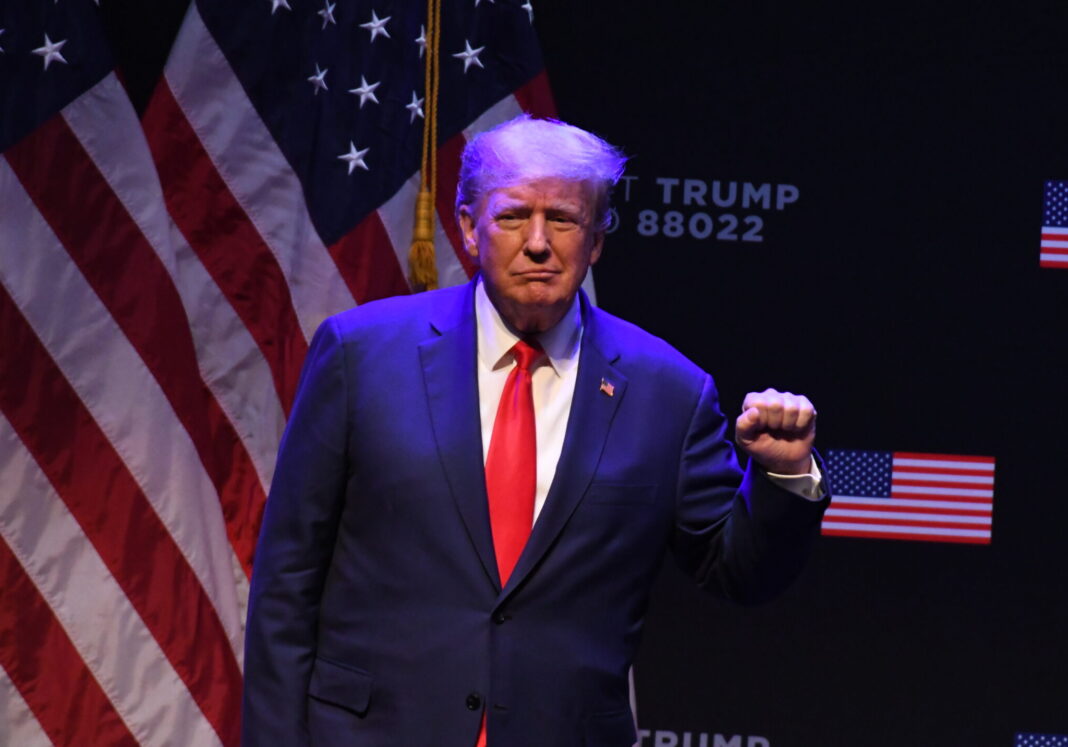In a message to the people of Honduras on New Year’s Day, President Xiomara Castro said her government would consider changes to policies that ensure cooperation with the United States in light of “unnecessary reprisals against our migrants.” “Faced with a hostile attitude of mass expulsion of our brothers,” President Castro said, “we would have to consider a change in our policies of cooperation with the United States, especially in the military arena, where, without paying a cent for decades, they maintain military bases in our territory, which in this case would lose all reason to exist in Honduras.”
President Castro’s remarks suggest that she is willing to somehow impede U.S. operations of its air bases in Honduras if President Trump carries out his pledge to deport illegal aliens. The United States has managed the Soto Cano Air Base in Comayagua, Honduras, since the 1980s. According to the U.S. government, the Joint Task Force at that base comprises of 700 U.S. Department of Defense personnel and more than 700 U.S. and Honduran civilians. In addition to building partnerships and maintaining personal readiness, the focus is on quickly responding to humanitarian response and relief in the region. In 2024 alone, troops at that base have performed more than 29 medical missions in Honduras and 9 more throughout Central America, treating more than 9,474 individuals in total.
Castro also expressed hope that the incoming administration was open to dialogue. “I want to say that we hope that the new U.S. administration of the democratically elected president, Donald Trump, will be open to dialogue, constructive and friendly. That he does not take unnecessary reprisals against our migrants, who as a rule are a great contribution to the U.S. economy.”
While the motivation behind her remarks is unclear, President Castro may have made them because she feels they make for good politics at home. Xiomara Castro was elected the country’s first female president in January 2022. She follows in her husband’s footsteps who was president from 2006 until 2009. Castro was recently pushed to resign as president in September of last year after videos surfaced in which her brother-in-law allegedly accepted money from a drug trafficking organization. According to the Associated Press, “[Castro’s] popularity has slowly faded in recent years as gang violence rages, the economy and high unemployment continue to plague Hondurans and many feel they haven’t seen the change promised them.”
More practically speaking, however, Castro may be worried that the deportation of Hondurans living in the U.S. could damage the Honduran economy through the loss of remittances. One news outlet reported that remittances sent by Honduran nationals in the United States represent around 25 percent of Honduras’ entire Gross Domestic Product (GDP). According to Breitbart, “between January and November 2024, Honduras reportedly received $8.85 billion in remittances — 90 percent of which originated from the United States.”
In the last three years alone, more than 591,324 illegal aliens from Honduras entered the United States. Honduras was also originally designated for Temporary Protected Status (TPS) in January 1999, and although the Trump Administration attempted to end it, the Biden-Harris administration renewed the designation and re-designated it, allowing waves of new arrivals to qualify. Now, Honduran nationals with TPS can remain in the country until July 2025, at which time the Trump Administration could end it.

















